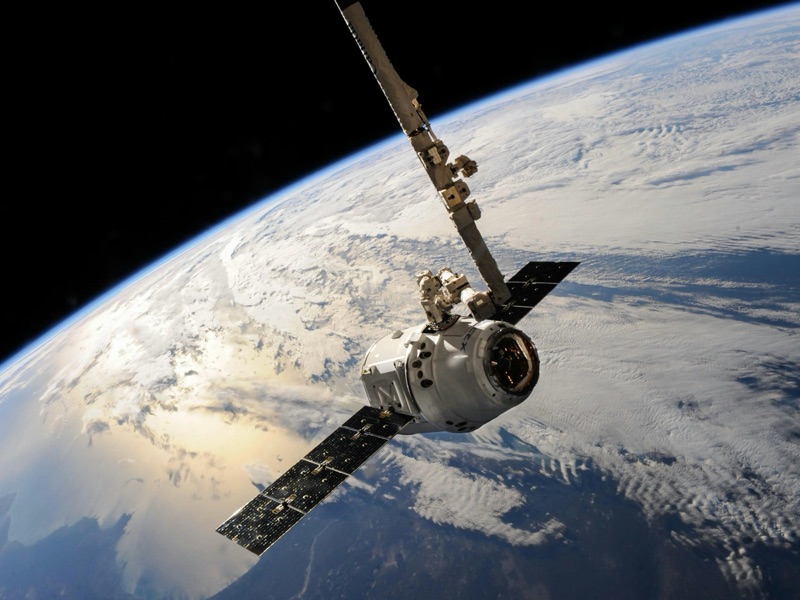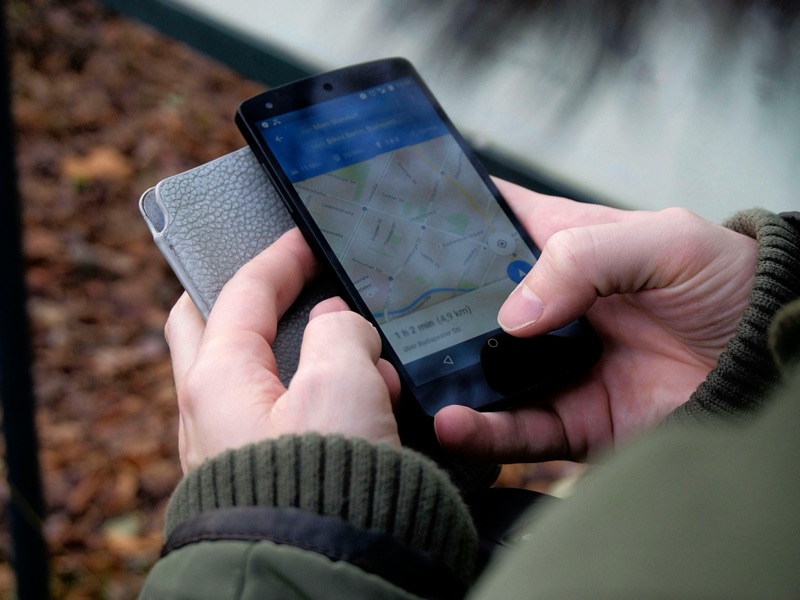Every time you open a map on your phone, request an Uber, or check into a location on social media, you're relying on a marvel of modern physics that operates invisibly above your head. The Global Positioning System (GPS) is something most of us take for granted, but its accuracy hinges on one of the most profound and counterintuitive predictions of Einstein’s theory of relativity: time dilation.
So how exactly does time dilation affect GPS satellites, and why is it essential for their function? Let’s break it down.
The Science of Time Dilation
Time dilation refers to the difference in the passage of time for observers in different frames of reference. According to Einstein’s theory of relativity, time is not absolute. It is affected by both motion (special relativity) and gravity (general relativity). In essence:
- Special Relativity: A moving clock ticks more slowly than a stationary one. The faster you move, the slower time passes for you relative to someone standing still.
- General Relativity: A clock in a stronger gravitational field (closer to a massive object) ticks more slowly than one in a weaker gravitational field.
These two effects work simultaneously on satellites orbiting Earth.

GPS satellites orbit Earth at an altitude of about 20,200 kilometers (roughly 12,550 miles) and move at speeds of about 14,000 kilometers per hour (8,700 mph). Both their high velocity and their position in Earth's gravitational field mean that time ticks differently for them than for clocks on the ground.
- Special Relativity Effect (due to speed):
- General Relativity Effect (due to gravity):
At their altitude, GPS satellites experience a weaker gravitational field than we do on the surface. According to general relativity, this causes their clocks to tick faster than those on Earth. This effect advances the satellite clocks by about 45 microseconds per day.
- Net Result:
Now, that might not sound like much. But even a tiny timing error in GPS can translate into major positional errors.

Why It Matters: The Role of Timing in GPS
GPS works by triangulating signals from at least four satellites to determine your position on Earth. Each satellite continuously broadcasts its location and the precise time the signal was sent. Your GPS receiver calculates how long it took for each signal to reach it and uses this information to determine how far away each satellite is.
Since light travels at about 300,000 kilometers per second, a timing error of just 1 microsecond (one-millionth of a second) could result in a position error of about 300 meters. If uncorrected, the 38-microsecond daily discrepancy caused by relativity would accumulate to an error of nearly 11 kilometers per day. That’s enough to make GPS completely useless for navigation.
How GPS Systems Account for Time Dilation
To counteract these relativistic effects, engineers have built Einstein’s theories directly into the GPS infrastructure:
- Clock Adjustment: GPS satellites are equipped with atomic clocks. Before launch, these clocks are set to tick more slowly on the ground so that, once in orbit, the relativistic effects cause them to tick at the same rate as clocks on Earth.
- Relativistic Correction Algorithms: GPS receivers on the ground also apply software corrections for smaller residual effects, including variations in Earth’s gravity, satellite orbits, and signal propagation.
Modern Implications
This relativistic correction is not a theoretical bonus—it's a practical necessity. Without it, GPS accuracy would degrade rapidly, affecting everything from civilian smartphone use to military navigation, commercial aviation, financial transactions, and even earthquake monitoring.
Moreover, the successful integration of relativistic time corrections into everyday technology like GPS has been one of the strongest experimental validations of Einstein’s theories. GPS isn’t just a triumph of engineering; it’s a living demonstration that the fabric of space and time bends and stretches just as Einstein predicted.

Conclusion
Time dilation is not science fiction—it’s science fact. Without accounting for the relativistic effects of motion and gravity, GPS would be wildly inaccurate. The fact that your phone can pinpoint your location within a few meters anywhere on Earth is a testament not just to technology, but to our deepening understanding of the nature of space and time.
Every time your navigation app reroutes you to avoid traffic, you can thank Einstein.